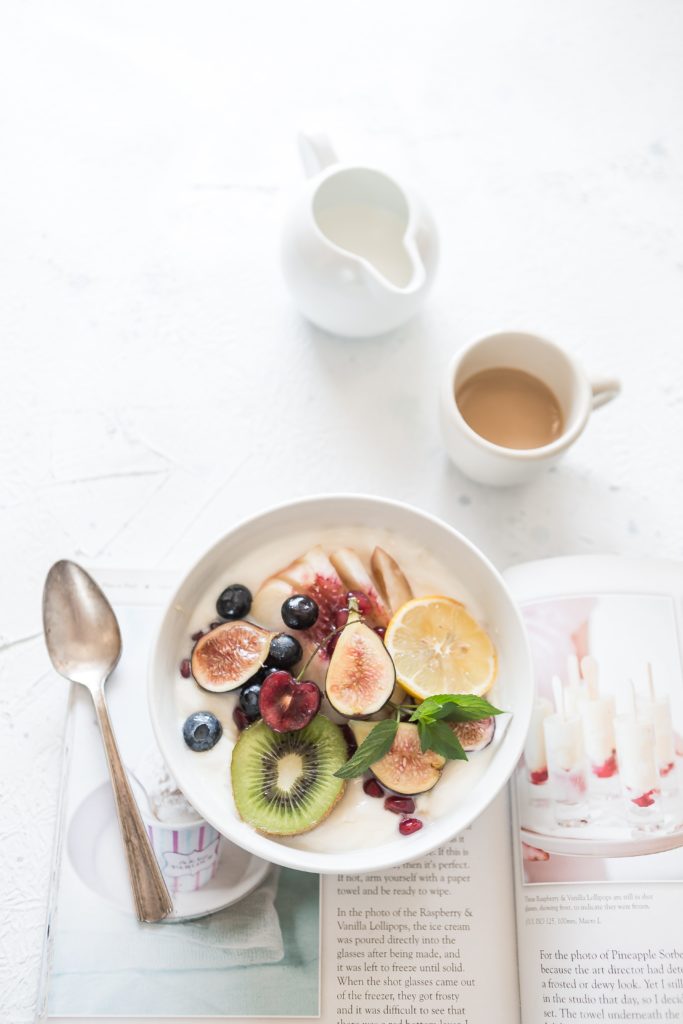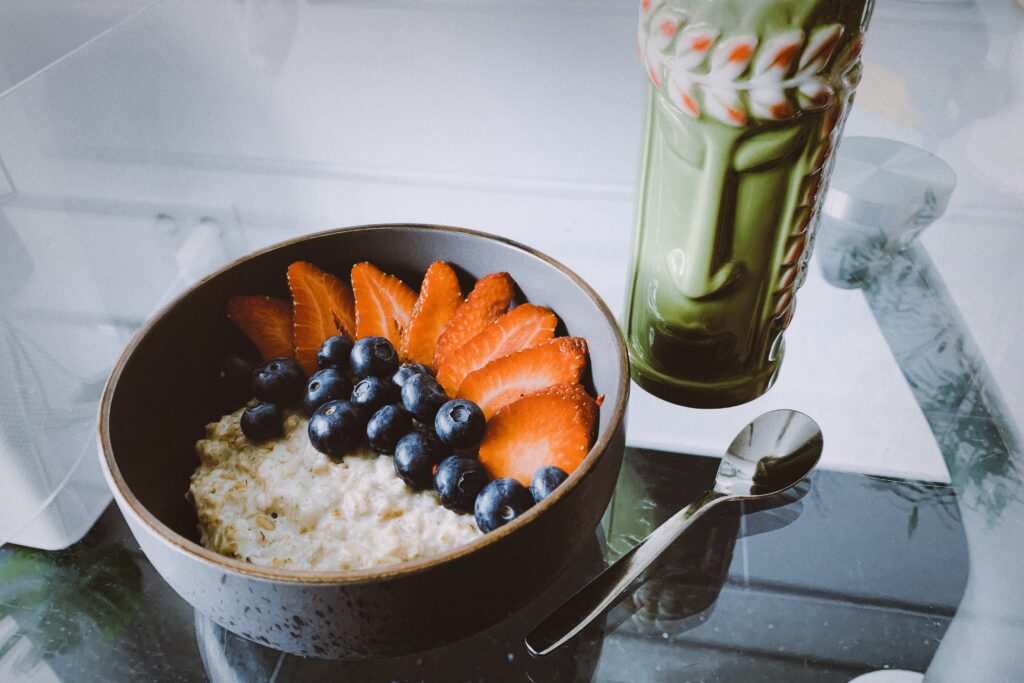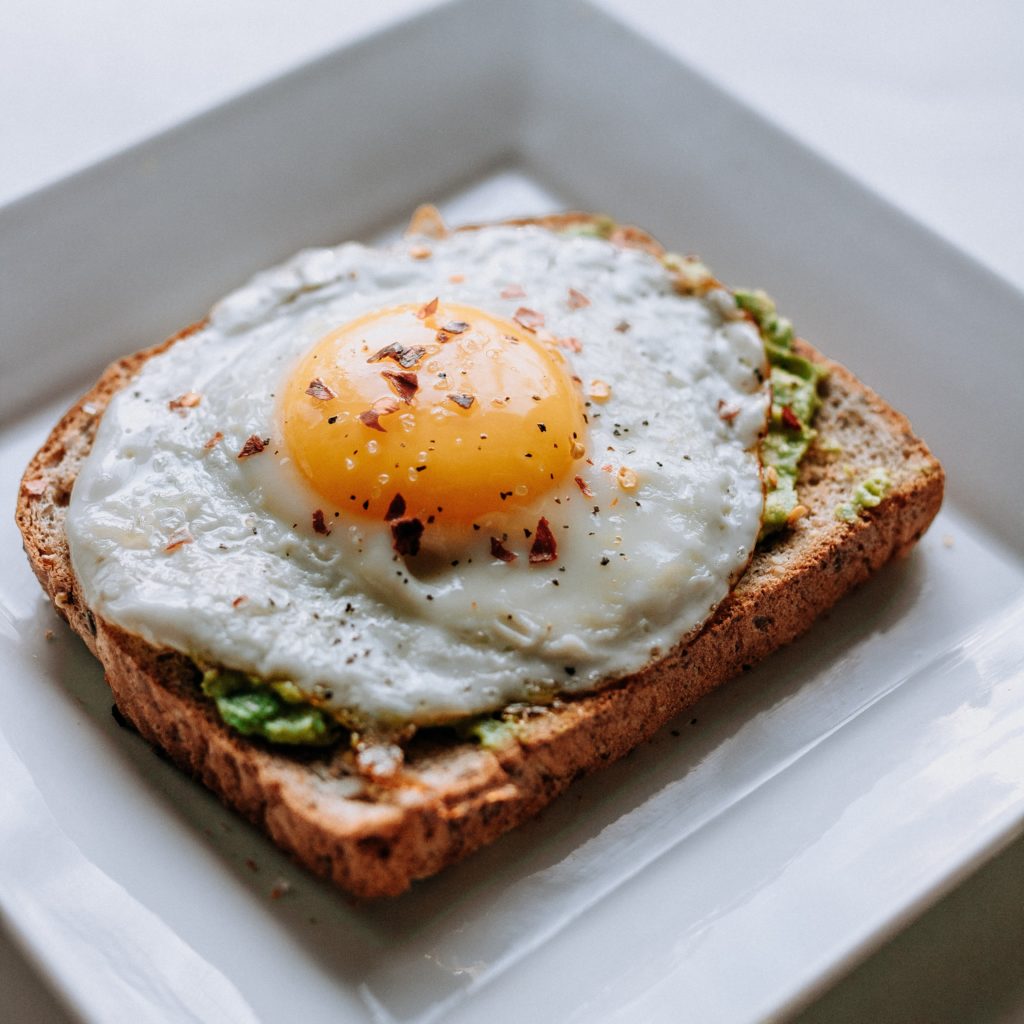Are you using the right fuel?

You wouldn’t put diesel into a petrol car would you (well, not on purpose anyway), but do you consider what food you use for exercise performance?
These are some common questions I deal with regularly:
- Do you eat before a workout?
- Do you eat before a workout?
- What about afterwards?
- What is the best food?
- How much?
- Should you eat before and after every bit of exercise?
For those of us who grew up with the mind set that exercise was all about burning maximum calories to manage weight, it might seem counterintuitive to eat before and after a session.
However, if you are feeling wiped out after a workout, or you just aren’t getting results, or you’re battling sugar cravings mid-afternoon, chances are your body needs some food on board to get better exercise performance.

The human body is an amazing machine, but it needs quality nourishment, rest and recover in order to maximise exercise performance. In other words, eating the right fuel before exercise, releases energy to maximise the workout and the right food after exercise enables muscle recovery.
All of this depends on the type of exercise you’re going to be doing and for how long. If you’re doing some squats while you wait for the kettle to boil, you won’t need to consider fuelling. However if you’re hitting the gym for an hour, playing tennis for a morning or going on a run, you might like to consider maximising your exercise performance with the use of the right foods.
So, what is best to eat?
Pre exercise
Ideally 1-3 hours before for a larger meal, or 30 minutes for a snack. You’re looking for a carbohydrate that is low in fibre, contains moderate protein and fat. The carbohydrate turns into glucose which the body uses for energy. This is a time when a high GI food can be effective for quick, readily available energy.

It may take some experimenting to see what works best for you, but some suggestions include:
- Oats/porridge
- Pesto pasta
- Fried rice
- Banana & nut butter on sourdough
- Honey on crumpets
- Banana smoothie
A small portion of each of the above will provide your body with easily accessible carbohydrate and energy for your session.
During exercise
Usually it isn’t necessary to eat during exercise, however, for endurance sessions, i.e. more than 1.5 hours, you will probably need to refuel during the workout. Again, look for carbohydrates (about 30-60g) that are easily digested.
Suggestions:
- Muesli bar (low protein/fibre)
- Banana
- Boiled, salted potato
Whew, work out done!
Eating a protein rich (20-30g) snack within an hour of exercising, will aid muscle growth and recovery. It can help boost the immune system and including around 40g carbohydrate will refuel and replenish energy supplies for the rest of the day. This can help prevent overeating later on.

- 100g meat & salad
- Muesli with high protein yoghurt and berries, nut butter
- Tuna on wholegrain crackers & avocado
- 2 Poached eggs on wholegrain sourdough & avocado
- Smoothie with fruit, banana, protein powder, or high protein yogurt, nut butter, milk, chia seeds
Drink up
Hydration plays an important role in performance too. For most of us, water is the best source of hydration. Most off the shelf energy drinks are soft drinks in disguise and too much for the needs of an every day exerciser. If you’re an endurance athlete or you’re training for a few hours a day, they might have a role to play, but chose wisely and be aware of sugar content and other additives.

As with anything: you are the expert on your body. Try different foods and combinations and notice how you feel during and after your exercise.
And remember: exercise is about self care and helping the body function as best it can.
Try to include a variety of movement into your routine
- Strength work for muscles and bone health
- Cardio (huff and puff) for heart health
- Restorative exercise for mind health
- Flexibility and mobility for joint health
If you need any help or have any questions, please reach out.
anja@goforfit.com.au
Anja Lineen is a an accredited Health Coach, menopause educator and personal trainer. With extensive knowledge and experience, Anja is committed to helping women navigate the physical, emotional, and mental changes that accompany menopause, while also guiding them towards achieving their fitness goals.
Recognising that menopause can be a challenging and transformative time for women, Anja combines her expertise as a personal trainer with specialised knowledge in menopause coaching, helping women navigate the unique challenges of menopause, such as weight gain, muscle loss, mood swings, and decreased energy levels.
